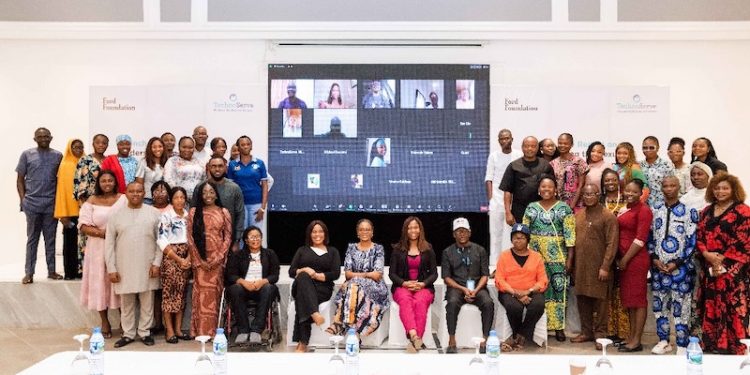In a concerted effort to drive positive change in West Africa, the Ford Foundation and TechnoServe have unveiled an extensive report shedding light on the status of women’s empowerment and gender-based violence (GBV) in the region.
The comprehensive report, based on primary research conducted in Nigeria, Ghana, and Senegal, offers vital recommendations targeting civil society, government, private sector entities, and global aid communities.
Highlighting the diverse geographical, socio-economic, and cultural contexts within households, the report emphasizes the varied relationship between women’s economic empowerment and the risk of gender-based violence.
Adesua Akinboro, TechnoServe’s Nigeria Country Director, underscored the commitment to ensuring that women’s empowerment initiatives don’t inadvertently expose them to GBV. She emphasized the need for robust mitigation strategies to eliminate such risks while fostering their economic advancement.
Akinboro further explained that empowered women, through enhanced earnings, could better support their families, including their spouses, based on the report’s findings.
Olufunke Baruwa, West Africa Program Manager for the Ford Foundation, highlighted intriguing insights from the study. The definition of an empowered woman varied significantly between Ghana and Nigeria, indicating the complex and context-specific nature of the nexus between women’s economic empowerment and GBV.
Baruwa emphasized that the report’s objective wasn’t solely to scrutinize societal norms but also to delve into recent factors contributing to violence. She anticipated the research to significantly enrich the existing knowledge in this critical area, emphasizing the absence of a one-size-fits-all solution to these multifaceted issues.










